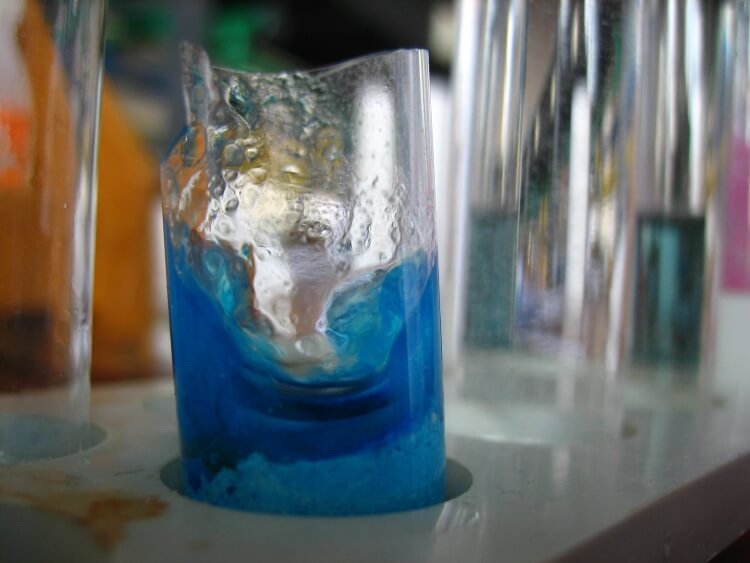2h
Mouse CRH(Corticotropin Releasing Hormone) ELISA Kit
Mouse CRH(Corticotropin Releasing Hormone) ELISA Kit
1000pg/mL
4.52pg/mL
Mus musculus
12.35-1000pg/mL
Competitive Inhibition
CRF; Corticotropin Releasing Factor; Corticoliberin
Endocrinology;Cardiovascular biology;Neuro science;Hormone metabolism;Urology;
E05 478 566 350 170 or Enzyme-Linked Immunosorbent Assays,E05 478 566 350 170 or Enzyme-Linked Immunosorbent Assays
ELISA Enzyme-linked immunosorbent assays Code 90320007 SNOMED,Mouse or mice from the Mus musculus species are used for production of mouse monoclonal antibodies or mabs and as research model for humans in your lab. Mouse are mature after 40 days for females and 55 days for males. The female mice are pregnant only 20 days and can give birth to 10 litters of 6-8 mice a year. Transgenic, knock-out, congenic and inbread strains are known for C57BL/6, A/J, BALB/c, SCID while the CD-1 is outbred as strain.
Hormone releasing factors and releasing hormones are signaling molecules produced by glands in multicellular organisms. The glands that secrete Luteinizing hormones LHRG and LH, FSH comprise the endocrine signaling system. The term growth hormone releasing hormone GHRH is sometimes extended to include chemicals produced by cells that affect the same cell (autocrine or intracrine signaling) or nearby cells (paracrine signaling). Human recombinant LHRG and GHRH are produced in E. coli or in yeast cells.
This assay employs the competitive inhibition enzyme immunoassay technique. A monoclonal antibody specific to Corticotropin Releasing Hormone (CRH) has been pre-coated onto a microplate. A competitive inhibition reaction is launched between biotin labeled Corticotropin Releasing Hormone (CRH) and unlabeled Corticotropin Releasing Hormone (CRH) (Standards or samples) with the pre-coated antibody specific to Corticotropin Releasing Hormone (CRH). After incubation the unbound conjugate is washed off. Next, avidin conjugated to Horseradish Peroxidase (HRP) is added to each microplate well and incubated. The amount of bound HRP conjugate is reverse proportional to the concentration of Corticotropin Releasing Hormone (CRH) in the sample. After addition of the substrate solution, the intensity of color developed is reverse proportional to the concentration of Corticotropin Releasing Hormone (CRH) in the sample.
